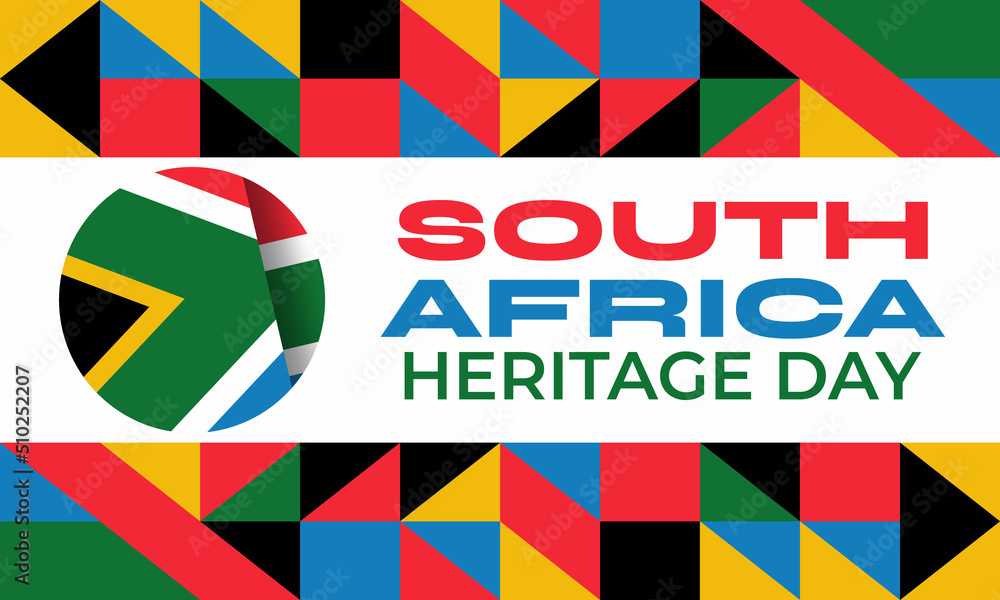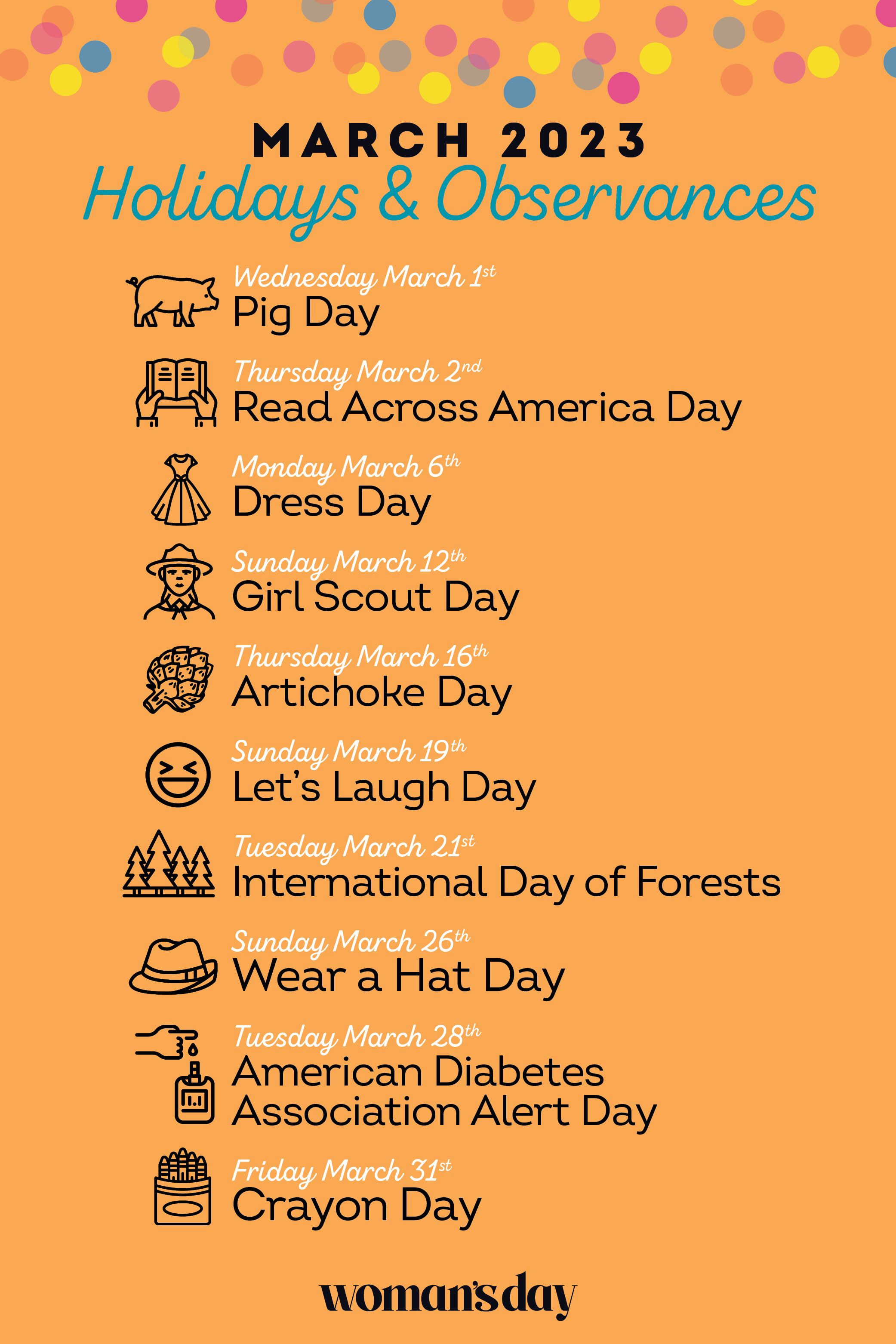What Holiday Is on September 24? Events & Observances
September 24 is notably recognized as Heritage Day in South Africa, a public holiday dedicated to revering the rich tapestry of cultures and heritage that comprise the nation’s identity. Established to promote the values of inclusivity and community respect, this day encourages South Africans from various backgrounds to reflect on their traditions and celebrate the diverse narratives that shape the country.
Heritage Day was officially instituted as a public holiday in 1996, shortly after the end of apartheid, a period characterized by systemic racial segregation. It came as part of the broader transformation of South African society, reflecting an urgent need to foster unity among a population historically divided by ethnic lines. The day is an opportunity not just to honor tangible heritage, such as monuments and historical sites, but also intangible elements like customs, languages, and art forms that give depth to the national identity.
In contemporary South Africa, Heritage Day is also celebrated as National Braai Day, a testament to the South African love for social gatherings centered around barbecuing. Braai, which translates to “grill” or “barbecue” in Afrikaans, is not just a culinary technique but a cultural phenomenon synonymous with conviviality, camaraderie, and a deep appreciation for shared experiences. This steely blend of culinary tradition and cultural significance offers a unique avenue for communities to bond, creating an atmosphere where people of various backgrounds can congregate in harmony.
Understanding the significance of Heritage Day extends beyond mere observance. It calls for a conscious engagement with South Africa’s complex history, particularly in appreciating the vast spectrum of indigenous traditions that existed long before colonial influences. From the Ancient San and Khoikhoi peoples with their intrinsic connection to the land, to the Zulu and Xhosa cultures with their elaborate rituals and rich oral traditions, each contributes to the overarching narrative of South African heritage.
To further enrich the observance of this day, various cultural events are held across the nation. Local communities often organize traditional dance and music performances, storytelling sessions, and art exhibitions that showcase indigenous craftsmanship. These happenings serve not only to educate attendees about the cultural significance of varied practices but also to encourage an intergenerational exchange of knowledge. By engaging younger generations with their roots, they foster a deep-seated appreciation for their heritage.
The idea of Heritage Day resonates through educational initiatives that emphasize the importance of cultural awareness in schools. Rather than merely being a day off work or school, it serves as a focal point for discussions about cultural pride and historical context. Educators often utilize this opportunity to present lessons around the narratives of marginalized communities, accentuating the appreciation of diverse backgrounds within the classroom.
Internationally, the celebration of Heritage Day is emblematic of a broader cultural phenomenon concerning the preservation of heritage. UNESCO’s World Heritage Sites program, for example, provides a global platform for recognizing and preserving significant cultural heritage. Such international initiatives underscore the necessity for societies worldwide to appreciate, preserve, and celebrate their distinct heritages, promoting dialogue and understanding across borders.
Ultimately, September 24 serves more than just as a reminder of cultural diversity; it acts as an invitation to reflect upon the myriad of narratives that coexist within South Africa. As the nation grapples with its complex past and navigates its future, Heritage Day functions as a pivotal point for fostering unity, pride, and resilience. It impels citizens to celebrate their roots while also embracing the promise of collective progress, reinforcing the belief that a nation’s strength lies in its diversity.
In conclusion, every September 24, South Africans gather not only to uphold their traditions but to reaffirm their commitment to building a cohesive society that respects and honors its myriad heritages. Like a beautifully woven tapestry, the stories, colors, and patterns created by diverse cultures shape the identity of South Africa, offering a model for others around the globe to follow in the pursuit of harmony and understanding.
You May Also Like
Best Fish to Catch in Australia: A Guide for Anglers
Australia boasts an extraordinary diversity of fish species, making it …
Emily Bay Norfolk Island: A Hidden Gem in the Pacific
Emily Bay, a picturesque enclave nestled on the sun-kissed shores of …
Holidays on August 23: Global Festivities & Observances
August 23 is a date that carries a bouquet of cultural significance …





